Find Help
More Items From Ergsy search
-
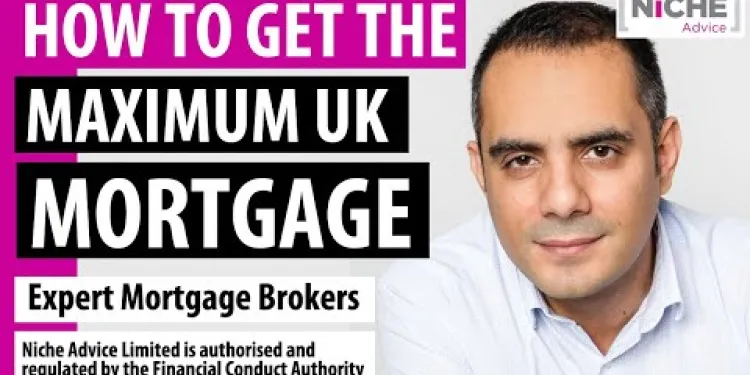
Getting the maximum mortgage in the UK
Relevance: 100%
-
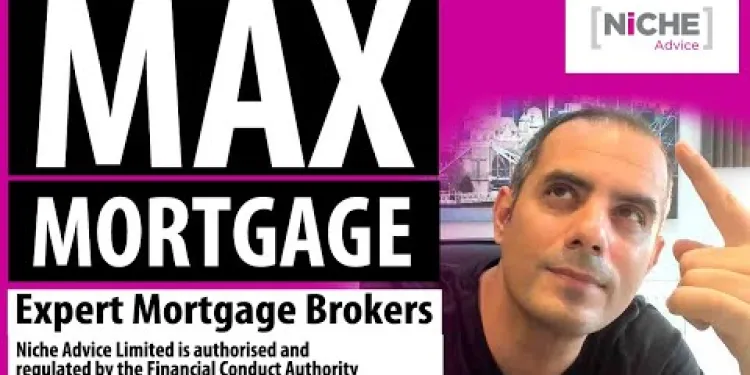
How much can I borrow for a mortgage UK - getting the Maximum Mortgage
Relevance: 81%
-
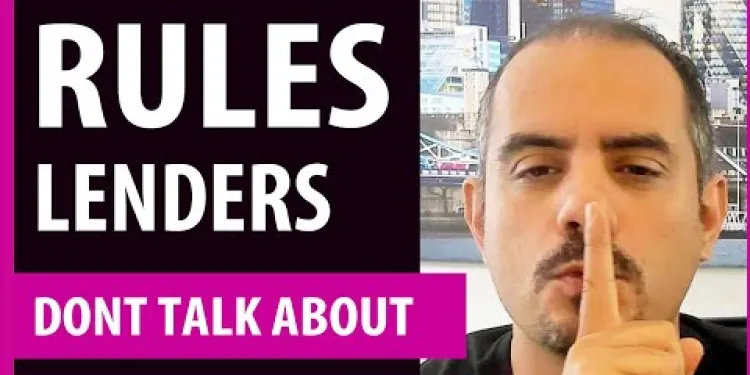
UK Mortgage Rules Lenders Don't Talk About - Debt To Income Ratio
Relevance: 50%
-

Uk Buy to Let for Older Clients - Mortgage Options Tips and Criteria
Relevance: 48%
-

The Ultimate Buy-To-Let Mortgage Breakdown
Relevance: 48%
-
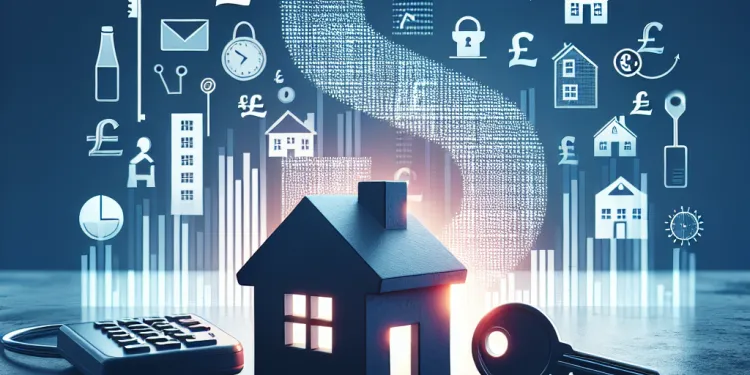
What is an 'interest only' mortgage?
Relevance: 47%
-
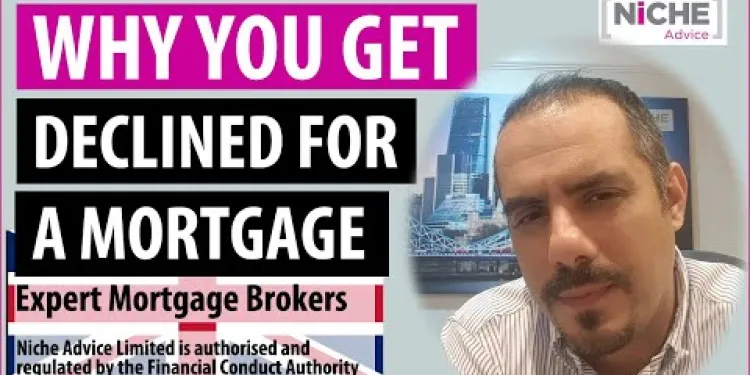
Mortgage Turned Down In The UK - Why mortgage applications are declined
Relevance: 47%
-
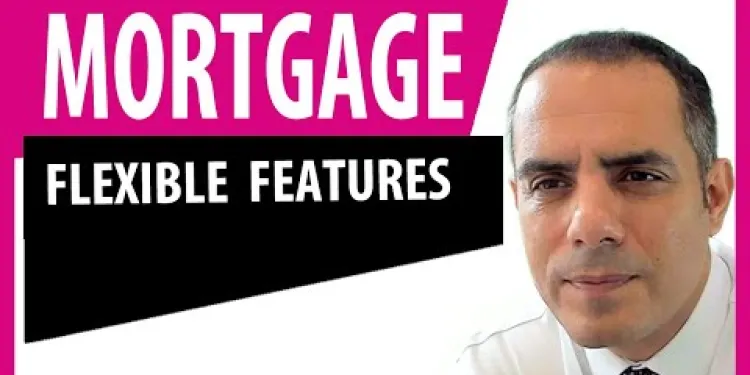
Mortgage Overpayment and Flexible Features Explained
Relevance: 46%
-
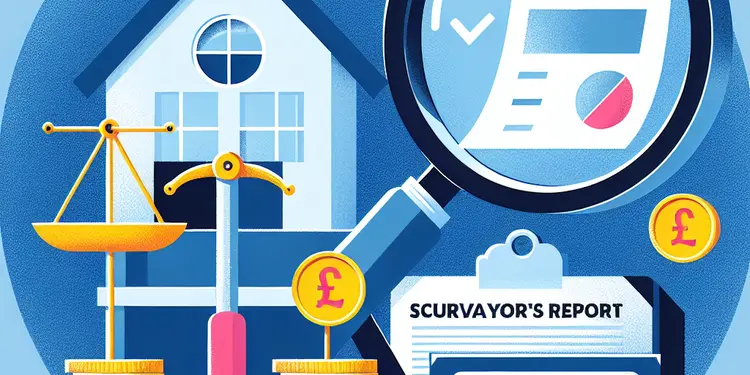
Is a mortgage valuation the same as a surveyor's report?
Relevance: 45%
-
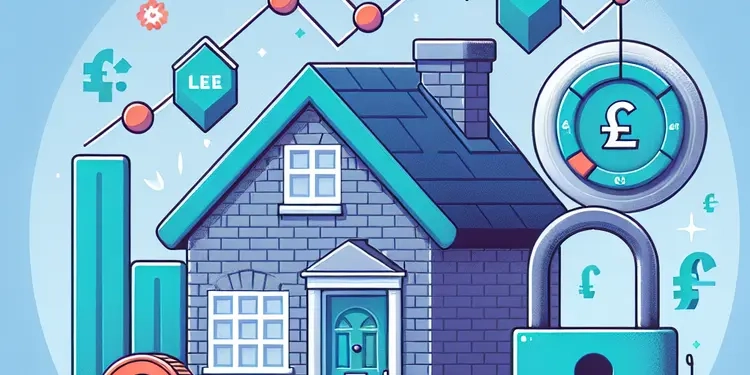
What does it mean to "Fix My Mortgage Rate"?
Relevance: 44%
-
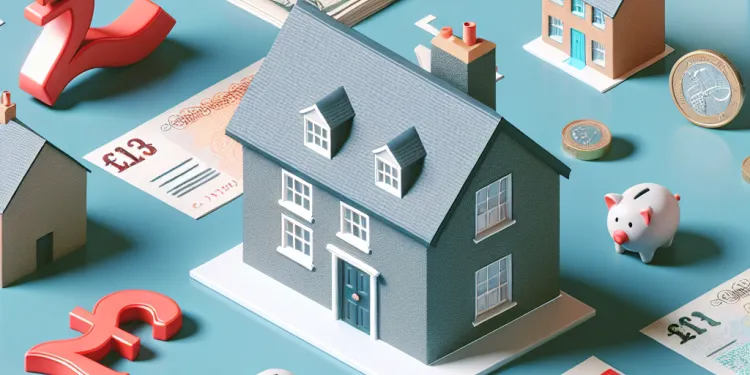
Can Stamp Duty be included in a mortgage in the UK?
Relevance: 44%
-
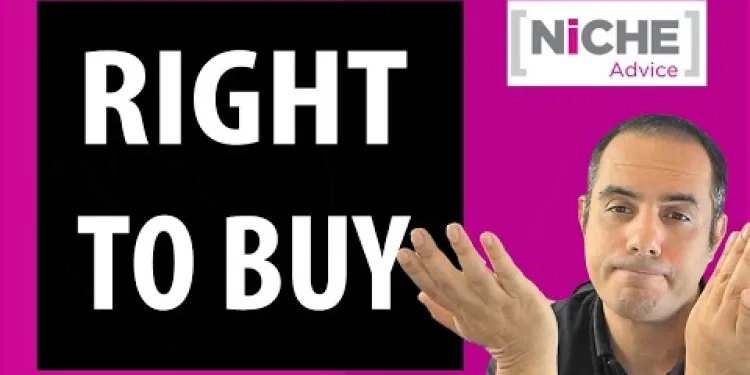
RIGHT TO BUY MORTGAGE - LET ME SAVE YOU TIME AND MONEY
Relevance: 44%
-

Will my fixed-rate mortgage payments change with interest rate fluctuations?
Relevance: 43%
-
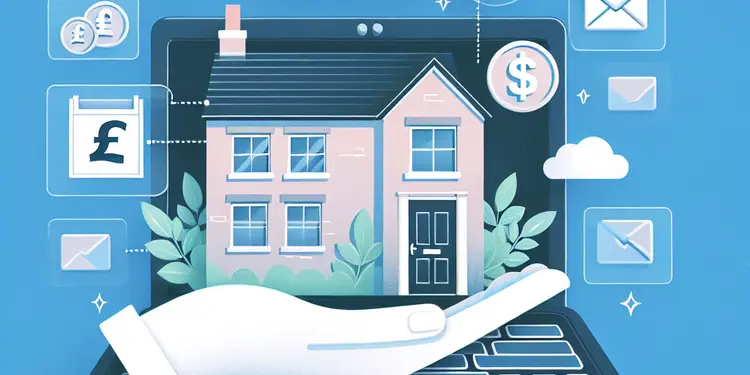
Is there assistance available for rent or mortgage payments?
Relevance: 43%
-
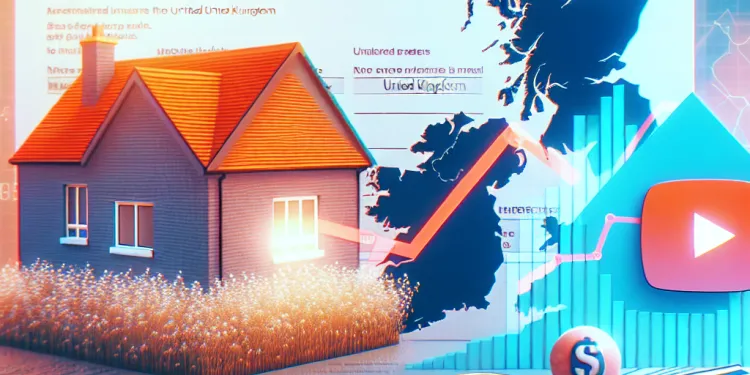
How do interest rate changes affect my mortgage payments?
Relevance: 43%
-
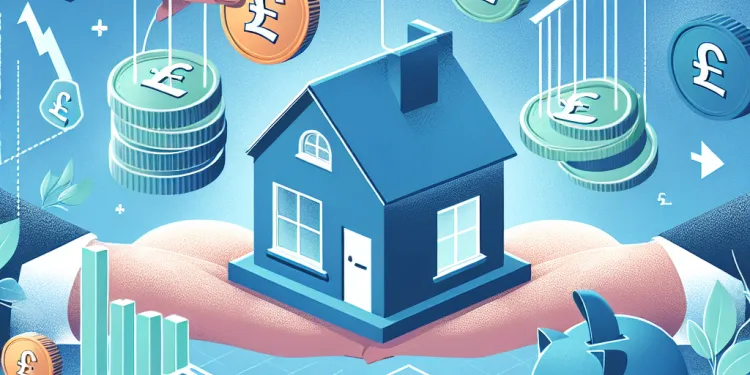
Is it possible to switch my mortgage type if interest rates become unfavourable?
Relevance: 42%
-

Mortgage on Inherited Property - How we can help you with the finance
Relevance: 42%
-
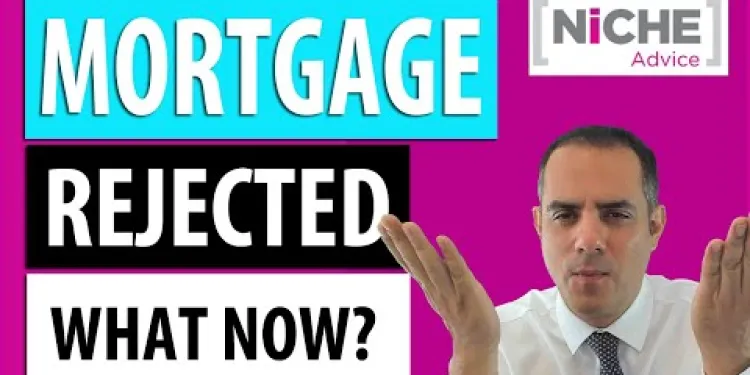
Turned down for a mortgage? Find out why and what to do
Relevance: 42%
-
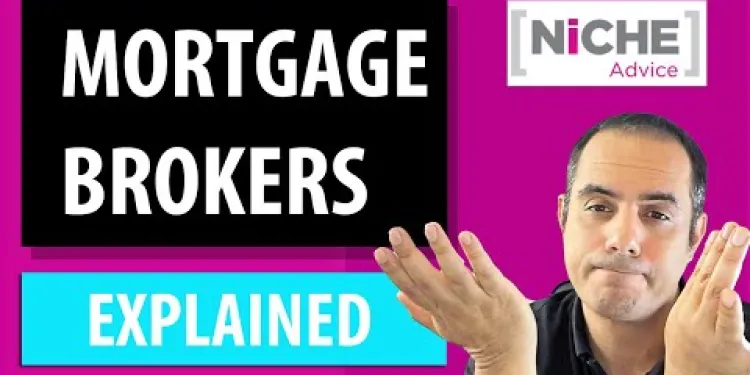
Selecting a Mortgage Broker - how they differ and what to watch out for
Relevance: 42%
-
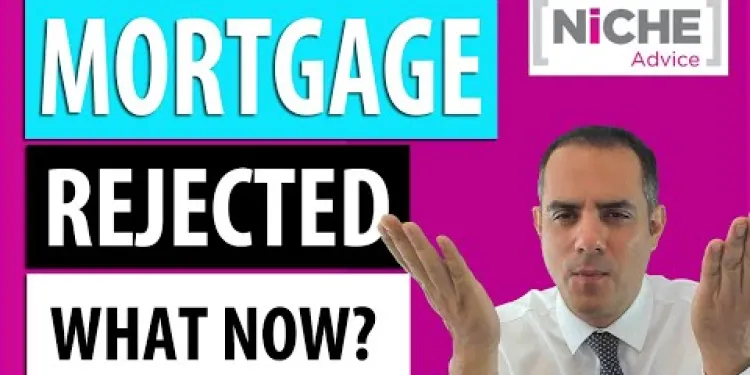
Turned down for a mortgage? Find out why and what to do
Relevance: 42%
-
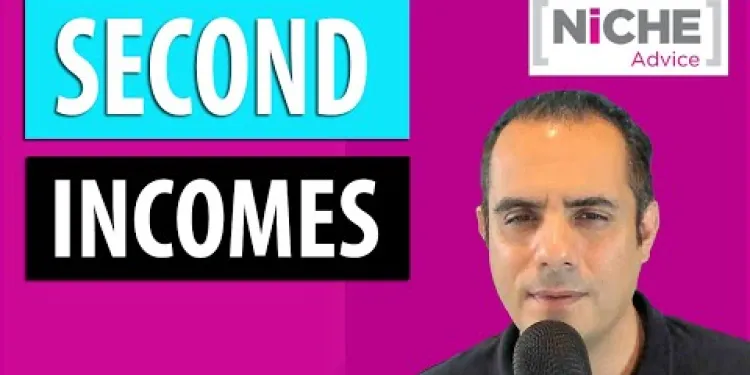
Using 100% of your Second Income for a Mortgage Application
Relevance: 42%
-
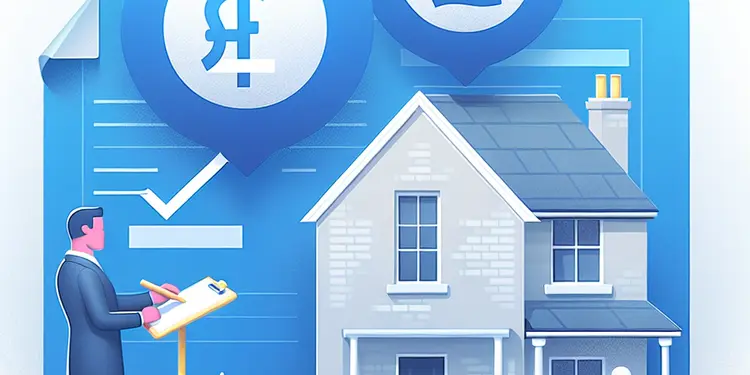
Can I use the surveyor recommended by my mortgage provider?
Relevance: 42%
-
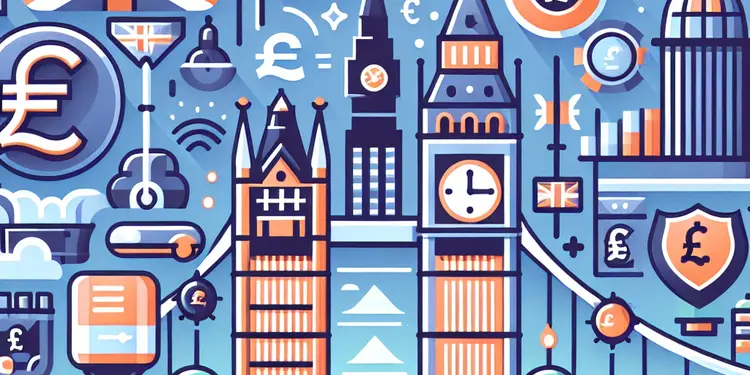
Is there a maximum number of penalty points one can receive?
Relevance: 42%
-
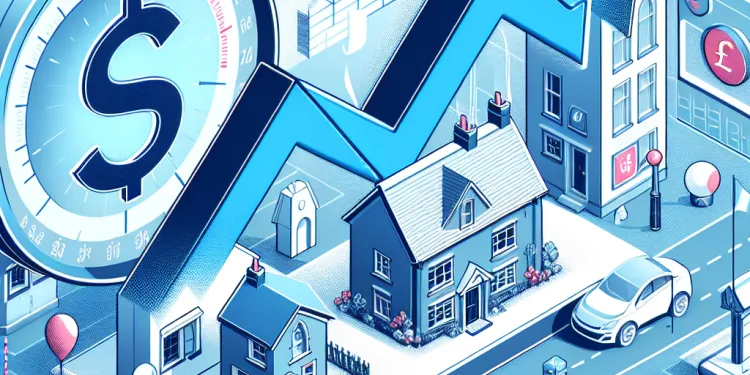
What is a tracker mortgage and how does it respond to interest rate changes?
Relevance: 41%
-

Can I get a Buy to Let Mortgage With My 18 Year Old Son
Relevance: 41%
-
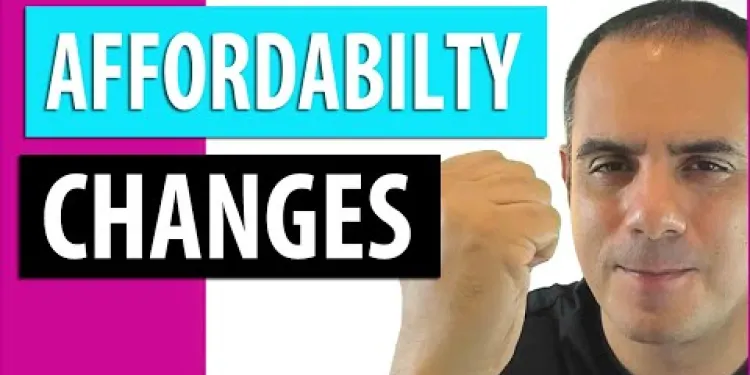
Mortgage Regulator removes the need for further affordability stress tests
Relevance: 41%
-
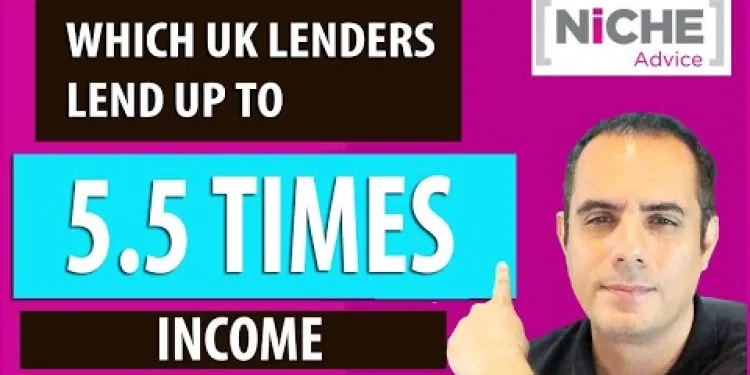
Highest Income Multiple Mortgage Lenders Revealed - Good and Bad Points
Relevance: 40%
-
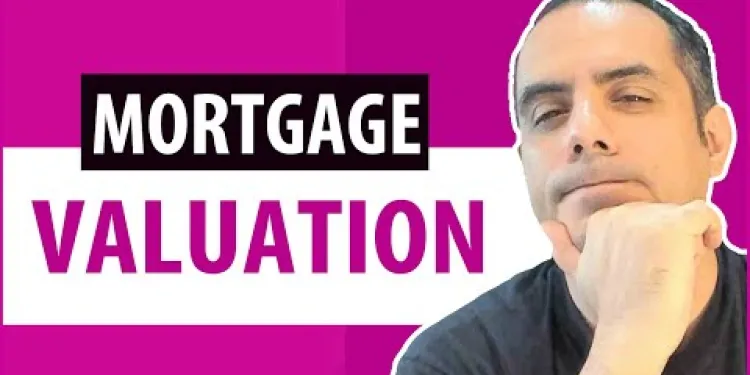
Can Mortgage lenders work from my own Survey Valuation Report?
Relevance: 40%
-
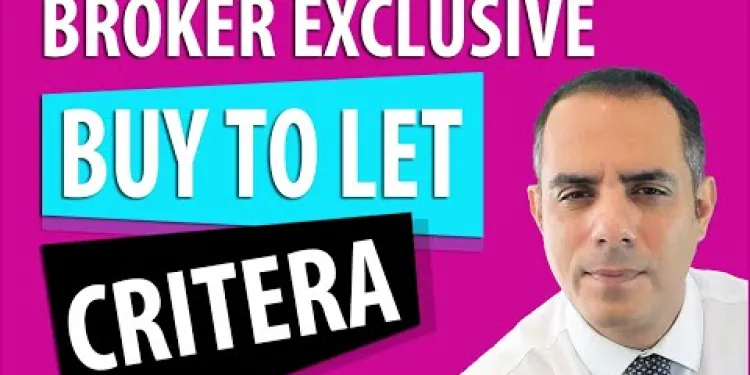
5 Broker Exclusive Buy to Let Mortgage Lenders you need to know about as a Landlord
Relevance: 39%
-
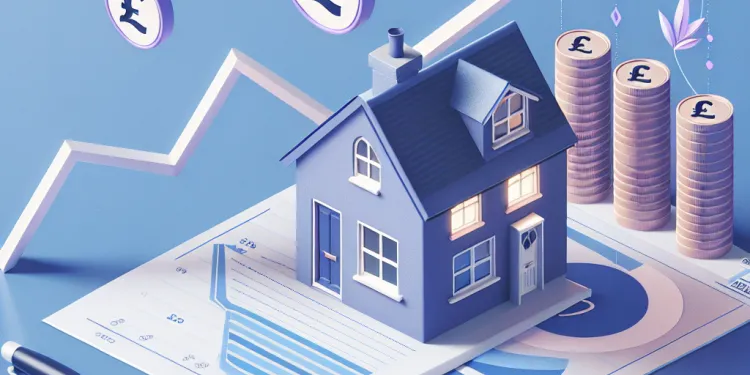
What should I do if I can't afford my mortgage payments due to rising interest rates?
Relevance: 39%
-
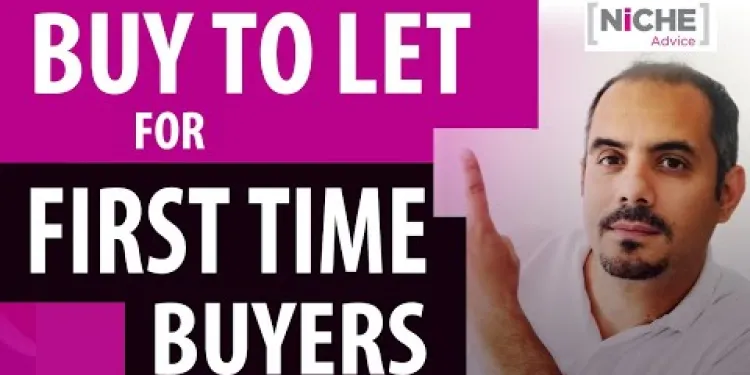
First Time Buyer Buy to Let Finance Options. Lending Criteria on Mortgage and Bridging Finance
Relevance: 38%
-
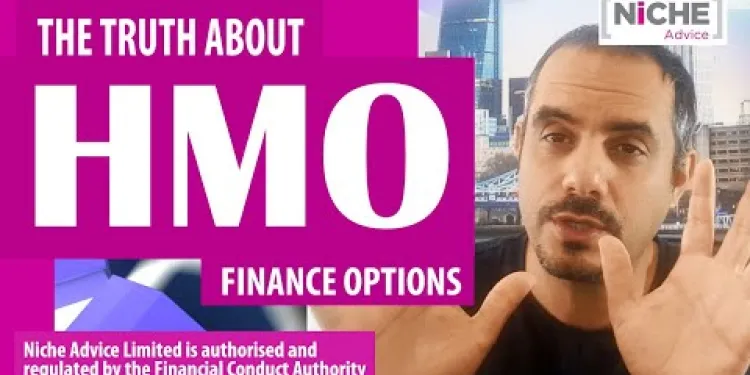
HMO Mortgage Truths - how to get the best Finance option including Bridging Loan Criteria
Relevance: 38%
-
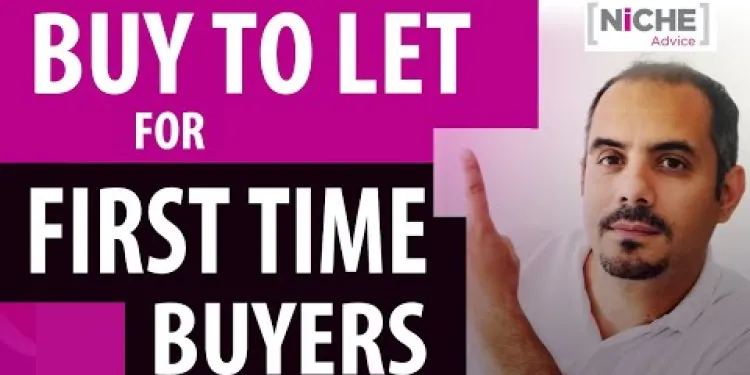
First Time Buyer Buy to Let Finance Options. Lending Criteria on Mortgage and Bridging Finance
Relevance: 37%
-
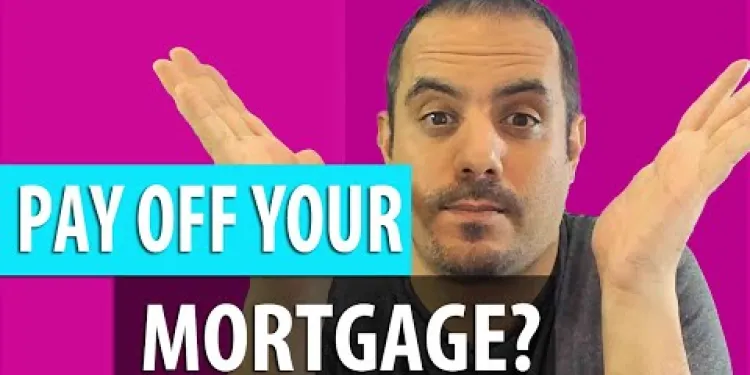
Should you Pay down your Residential Mortgage?
Relevance: 37%
-
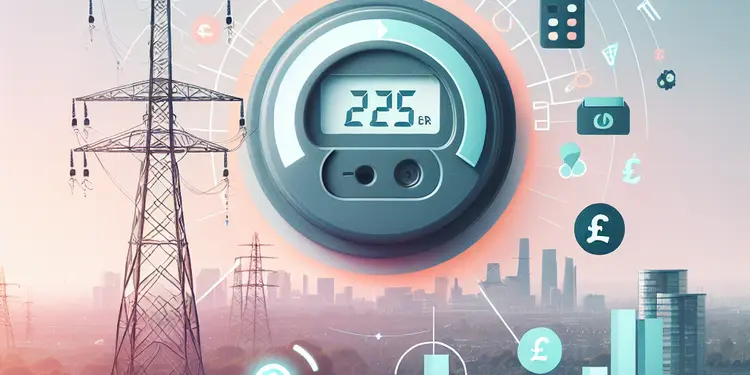
Is there a maximum price limit on electricity charges in the UK?
Relevance: 37%
-

How to Buy property with your children under the age of 18 and get Buy to Let Mortgage.
Relevance: 36%
-
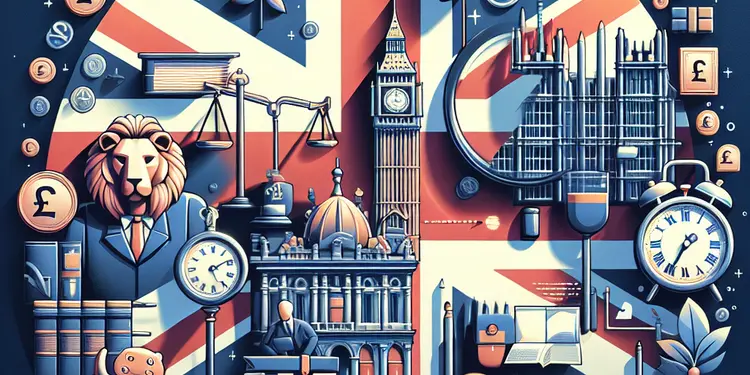
Is there a standard minimum or maximum time for a case to reach court?
Relevance: 35%
-
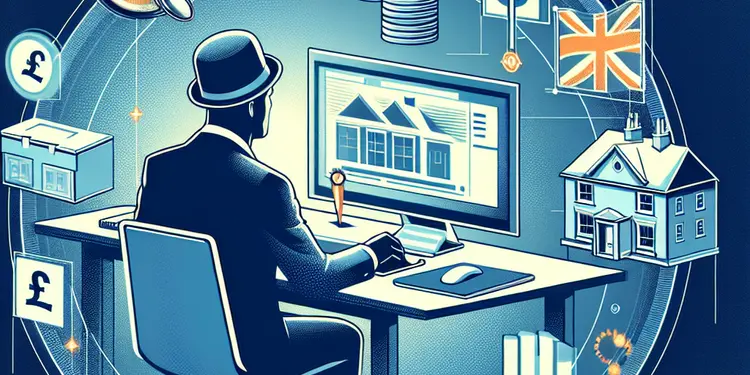
Will the surveyor's report affect the mortgage offer?
Relevance: 32%
-
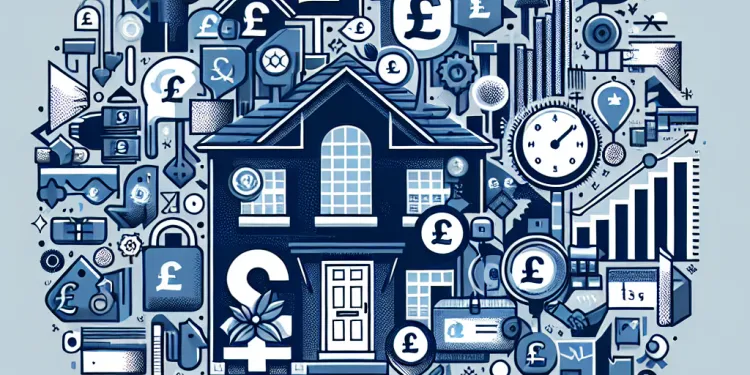
Are first-time buyers affected differently by interest rate changes?
Relevance: 25%
-
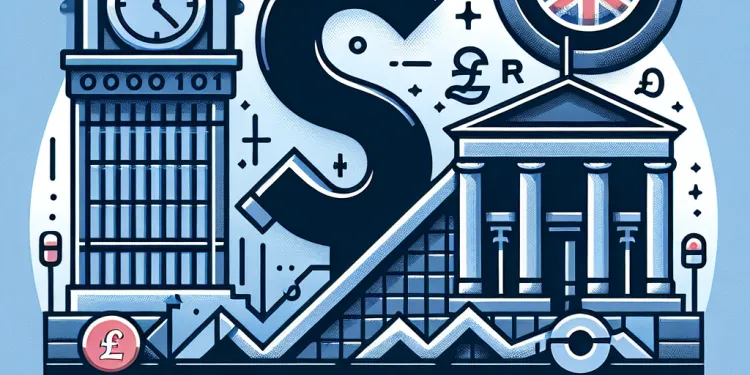
What is an SVR and how does it relate to interest rate changes?
Relevance: 23%
Getting the Maximum Mortgage in the UK
Navigating the mortgage market in the UK can be challenging, especially for first-time buyers looking to maximize their borrowing potential. Understanding the factors influencing how much you can borrow will help you secure the highest possible mortgage, facilitating your dream of homeownership.
Assessing Affordability
The first step in getting the maximum mortgage is to understand how lenders assess affordability. UK lenders typically use an income multiple to determine maximum borrowing, which is generally around four to five times your annual salary. However, your credit history, debts, outgoings, and commitment to other financial obligations also heavily influence this calculation. Ensuring your credit score is high and your debts are low will increase your borrowing power.
Improving Your Credit Score
Your credit score is a crucial component of mortgage assessments. To improve it, ensure you pay bills on time, reduce outstanding debt, and rectify any errors on your credit report. Registering to vote and maintaining a stable financial history will also enhance your score, making you more attractive to lenders. Generally, a higher credit score leads to better mortgage deals and the potential for increased borrowing.
Increasing Your Deposit
The size of your deposit significantly affects the maximum mortgage available to you. A larger deposit means you require a smaller mortgage, reducing the risk for lenders and often leading to better interest rates. In some cases, putting down a 20% or more deposit can access more competitively priced mortgage products.
Exploring Different Lenders
Don't settle for the first offer you receive. Different lenders have varying criteria for income multiples and risk assessments. Consulting with a mortgage broker can help you explore the best deals, as brokers often have access to exclusive products. Additionally, consider lenders that specialize in certain sectors, such as self-employed individuals, as they might offer more flexible borrowing terms.
Utilizing Government Schemes
The UK government offers several schemes to assist in home purchases, such as the Help to Buy Equity Loan and Shared Ownership. These programs can increase your buying power by supplementing your mortgage, making it easier to reach the maximum mortgage limit. However, always consider the implications and conditions of these schemes to ensure they align with your long-term financial goals.
By understanding your financial status, boosting your credit score, exploring different lenders, and utilizing government schemes, you can significantly increase your chances of securing the maximum mortgage available to you in the UK. Engaging with these strategies will ensure you are well-prepared to make the most of the mortgage market.
Getting the Maximum Mortgage in the UK
Getting a mortgage in the UK can be tricky, especially if you are buying a home for the first time. Knowing how much you can borrow will help you get the biggest mortgage possible, so you can buy your dream home.
Understanding Affordability
The first thing to do is understand how banks decide how much money to lend you. In the UK, banks often lend up to four to five times your yearly pay. But, they also look at other things like your credit score, any loans you already have, and your regular expenses. Keeping your credit score high and your debts low can help you borrow more.
Improving Your Credit Score
Your credit score is very important when getting a mortgage. To make it better, pay your bills on time, reduce what you owe, and fix any mistakes on your credit report. Signing up to vote and having a steady financial history can also boost your score. A higher credit score often means better mortgage deals and more money to borrow.
Increasing Your Deposit
The more money you can put down as a deposit, the better. A bigger deposit means you need a smaller mortgage, which is less risky for the bank. This can lead to lower interest rates. Sometimes, if you can pay 20% or more as a deposit, you can get even better deals.
Looking at Different Lenders
Don't just take the first mortgage offer you get. Different banks have different rules about lending money. Talking to a mortgage broker can help you find the best deals because they can access special offers not available to everyone. Also, some banks are better for people who are self-employed, as they may offer more flexible terms.
Using Government Help
The UK government has programs to help people buy homes. Some examples are the Help to Buy Equity Loan and Shared Ownership. These programs can give you more money to buy a house. But, make sure to read and understand all the rules and conditions to see if they are right for you.
By knowing your finances, improving your credit score, checking with different banks, and using government help, you can increase your chances of getting the most mortgage money in the UK. These steps will help you be ready to get the best mortgage possible.
Frequently Asked Questions
What factors determine the maximum mortgage I can get in the UK?
The maximum mortgage you can get in the UK is determined by factors such as your income, credit score, employment status, monthly outgoings, deposit amount, and the lender's affordability criteria.
How does my income affect the mortgage amount I can borrow?
Lenders typically offer loans up to 4-5 times your annual income. However, this can vary based on your financial situation and the lender's criteria.
Can my partner's income be included to increase the mortgage amount?
Yes, many lenders allow joint applications, combining your income with your partner’s, which can increase the amount you may borrow.
What role does my credit score play in getting a mortgage?
A good credit score increases your chances of approval and may offer better interest rates and terms. Poor credit could limit the amount you can borrow or lead to higher rates.
How much deposit do I need for a mortgage in the UK?
Typically, you'll need a minimum deposit of 5-10% of the property value. A larger deposit can provide access to better deals and higher borrowing limits.
Are there any government schemes to help with my deposit?
Yes, the UK government offers schemes like Help to Buy and shared ownership that assist with deposits for first-time buyers.
How does my employment status affect my mortgage application?
Permanent, full-time employment is favored by lenders. Self-employed or contract workers may need to provide additional proof of income.
What documentation is required to apply for a mortgage?
You'll need proof of income, employment, identity (such as a passport), and bank statements, among other documents, to apply for a mortgage.
Can existing debts impact my borrowing limit?
Yes, existing debts will be considered in affordability assessments, which could reduce the amount you can borrow.
Should I consult a mortgage broker to find the best deal?
Consulting a mortgage broker can be helpful as they can access a wide range of deals and provide advice tailored to your situation.
What is a Mortgage in Principle, and do I need one?
A Mortgage in Principle is a statement from a lender indicating how much they might lend you. It can help demonstrate your borrowing potential to sellers.
How do interest rates affect my mortgage payments?
Higher interest rates increase the cost of borrowing, raising monthly payments. Fixed rates provide stability, while variable rates may fluctuate.
What is an affordability assessment?
An affordability assessment evaluates your ability to repay a mortgage considering your income, expenditure, and future financial commitments.
Can I change my mortgage terms later on?
Yes, you can remortgage to change terms such as the rate or repayment length, usually after any fixed-term has ended, though fees may apply.
What fees should I be aware of when applying for a mortgage?
Typical fees include arrangement, valuation, and legal fees, along with potential charges for early repayment or changes to your mortgage.
What things decide the biggest mortgage I can get in the UK?
The most money you can borrow for a house in the UK depends on a few things. These include how much money you make, your credit score, your job status, how much money you spend each month, how big your deposit is, and the rules of the bank or lender.
How does my money affect the loan I can get for a house?
Banks and people who lend money usually give you loans that are 4-5 times what you earn every year. But this can change depending on your money situation and what the lender decides.
Can we use my partner's income to borrow more money for our home?
Yes, many banks let you apply for a loan with your partner. This means you can use both of your incomes, which might help you borrow more money.
How does my credit score help me get a home loan?
Your credit score is a number that shows how good you are at paying back money. Banks and lenders look at this number when you want a loan to buy a house.
If your score is high, it means you pay back your money on time. This makes it easier to get the loan you want.
If your score is low, it might be harder to get a loan. You might have to pay more money back in the end.
It's a good idea to check your credit score before you ask for a loan. You can also get help from family or friends. They can explain what your score means and how to make it better.
Having a good credit score is helpful. It can make it easier to get loans or credit. It might also mean you pay less money in interest. If your credit score is not good, it can be harder to borrow money. You might have to pay more interest too.
How much money do I need to save to buy a house in the UK?
When you want to buy a house, you need to save some money first. This is called a "deposit."
Most people save about 5% to 20% of the house price as a deposit. This means if the house costs £200,000, you need to save at least £10,000 if you save 5%.
Try using a calculator or asking someone to help you work out how much you need to save. This will make it easier.
You usually need to pay at least 5-10% of the house price as a first payment. If you pay more, you might get better offers and be able to borrow more money.
Is there help from the government for my deposit?
Yes, the UK government has ways to help people buy their first home. There are plans like Help to Buy and shared ownership. These plans help with the money you need at the start.
How does my job affect my mortgage application?
Your job is important when you ask for a mortgage. A mortgage is a loan to buy a house.
If you have a job where you earn money every month, it can help the bank trust you to pay back the loan.
If you work for yourself, the bank might need to see more papers to check you can pay back the money.
If you are not working, the bank will want to know how you will pay for the mortgage.
To make things easier, you can:
- Ask someone to help you with the papers.
- Use a calculator to check how much money you have and spend.
- Talk to a banker or a mortgage advisor.
Banks like it when you have a steady, full-time job. If you have your own business or work on short-term jobs, you might need to show extra papers about the money you make.
What papers do I need to get a home loan?
You need some papers to ask for a home loan. Here is a simple checklist:
- ID: Like a passport or driver's license.
- Pay Slips: Papers that show how much money you earn.
- Bank Statements: Papers that show your bank activity.
- Tax Forms: Papers that show what you paid in taxes.
- Employment History: Paper that shows where you have worked.
Here are some tips to help you:
- Ask a friend or family member to help you gather the papers.
- Use a highlighter to mark important parts on each paper.
- Make copies of the papers to keep in a safe place.
When you want to get a loan to buy a house, you need some important papers.
You need:
- Papers to show how much money you earn.
- Papers to show where you work.
- ID, like a passport, to show who you are.
- Bank papers to show your money.
These papers help the bank decide if they can give you the loan.
Can the money I already owe change how much I can borrow?
Yes, the money you already owe will be looked at when deciding if you can afford a new loan. This might mean you can borrow less money.
Is it a good idea to talk to a mortgage broker to get the best deal?
If you want to buy a home and need a loan, you might wonder if a mortgage broker can help. A mortgage broker is a person who helps you find a loan to buy a house.
Here are some reasons why talking to a mortgage broker could be helpful:
- A mortgage broker can look at different loans and find one that is good for you.
- They can explain the loan details in simple words.
- They may know special deals or discounts that you can't find on your own.
To help you understand better, you can ask someone you trust, like a family member, to explain or use pictures to make the ideas easier.
Talking to a mortgage broker can be a good idea. They can help you find many different deals and give advice that fits your needs.
What is a Mortgage in Principle, and do I need one?
A Mortgage in Principle is a letter from a bank. It says how much money the bank might lend you to buy a home.
Having this letter can help you know how much you can spend on a house.
It can also show people selling homes that you are serious about buying.
You might find it useful to use tools like picture books or online videos to understand more about mortgages.
A Mortgage in Principle is a letter from a bank that says how much money they might lend you. It shows sellers you might be able to buy a house.
How do interest rates change my mortgage payments?
Interest rates are like extra costs when you borrow money. If interest rates go up, your monthly payments might be more. If they go down, your payments could be less.
It's important to know about interest rates because they help you figure out how much money you will pay each month.
You can use tools like online calculators to see how changes in interest rates change your payments.
Ask a grown-up to help you if you're unsure. They might know more about how this works.
When interest rates go up, it costs more to borrow money. This makes monthly payments higher.
Fixed rates stay the same, so you know what to expect. But variable rates can change. They might go up or down.
What is an affordability assessment?
An affordability assessment is a check to see if you have enough money to pay for something. This could be buying a house or getting a loan.
It looks at how much money you have coming in and what you spend on things like food and bills.
This helps decide if you can afford new payments.
You can use a calculator to help you see how much money you have. You can also ask someone you trust to help you with this.
An affordability assessment checks if you can pay back a home loan. It looks at how much money you earn, how much you spend, and what you need to pay for in the future.
Can I change my mortgage terms later on?
A mortgage is money you borrow from a bank to buy a house. You have to pay this money back every month.
Sometimes, you might want to change your plan for paying back this money. This is called changing your mortgage terms.
To do this, talk to your bank. Ask them what you need to do.
If you find it hard to understand, ask someone you trust to help. You can also use tools like a dictionary to learn new words.
Yes, you can get a new mortgage with different terms. You might want to change the rate or how long you repay. You can usually do this after any fixed-term ends, but remember, there might be fees.
If reading is hard, try using a ruler or your finger to help follow the lines. Talking about it with someone can also help understand better.
What costs should I know about when getting a home loan?
When you get a home loan (called a mortgage), there are some costs you need to know about. These are:
- Application Fee: This is money you pay to start your home loan process.
- Valuation Fee: This is money you pay for someone to check how much the home is worth.
- Legal Fees: This is money you pay a lawyer to help with the paperwork.
- Arrangement Fee: This is money you pay to set up the loan.
- Broker Fee: If you use a helper to find the loan, you might pay them money too.
Keep these costs in mind when planning to buy a home.
Helpful Tips:
- Ask questions if you don’t understand something.
- Use a calculator to keep track of costs.
- Talk to someone you trust for help.
Typical fees are the money you pay for different things. These can include:
- Setting up your loan.
- Checking how much your house is worth.
- Lawyer fees.
- Extra charges if you pay off your loan early or change it.
Useful Links
This website offers general information and is not a substitute for professional advice.
Always seek guidance from qualified professionals.
If you have any medical concerns or need urgent help, contact a healthcare professional or emergency services immediately.
Some of this content was generated with AI assistance. We’ve done our best to keep it accurate, helpful, and human-friendly.
- Ergsy carfully checks the information in the videos we provide here.
- Videos shown by Youtube after a video has completed, have NOT been reviewed by ERGSY.
- To view, click the arrow in centre of video.
- Most of the videos you find here will have subtitles and/or closed captions available.
- You may need to turn these on, and choose your preferred language.
- Go to the video you'd like to watch.
- If closed captions (CC) are available, settings will be visible on the bottom right of the video player.
- To turn on Captions, click settings .
- To turn off Captions, click settings again.
More Items From Ergsy search
-

Getting the maximum mortgage in the UK
Relevance: 100%
-

How much can I borrow for a mortgage UK - getting the Maximum Mortgage
Relevance: 81%
-

UK Mortgage Rules Lenders Don't Talk About - Debt To Income Ratio
Relevance: 50%
-

Uk Buy to Let for Older Clients - Mortgage Options Tips and Criteria
Relevance: 48%
-

The Ultimate Buy-To-Let Mortgage Breakdown
Relevance: 48%
-

What is an 'interest only' mortgage?
Relevance: 47%
-

Mortgage Turned Down In The UK - Why mortgage applications are declined
Relevance: 47%
-

Mortgage Overpayment and Flexible Features Explained
Relevance: 46%
-

Is a mortgage valuation the same as a surveyor's report?
Relevance: 45%
-

What does it mean to "Fix My Mortgage Rate"?
Relevance: 44%
-

Can Stamp Duty be included in a mortgage in the UK?
Relevance: 44%
-

RIGHT TO BUY MORTGAGE - LET ME SAVE YOU TIME AND MONEY
Relevance: 44%
-

Will my fixed-rate mortgage payments change with interest rate fluctuations?
Relevance: 43%
-

Is there assistance available for rent or mortgage payments?
Relevance: 43%
-

How do interest rate changes affect my mortgage payments?
Relevance: 43%
-

Is it possible to switch my mortgage type if interest rates become unfavourable?
Relevance: 42%
-

Mortgage on Inherited Property - How we can help you with the finance
Relevance: 42%
-

Turned down for a mortgage? Find out why and what to do
Relevance: 42%
-

Selecting a Mortgage Broker - how they differ and what to watch out for
Relevance: 42%
-

Turned down for a mortgage? Find out why and what to do
Relevance: 42%
-

Using 100% of your Second Income for a Mortgage Application
Relevance: 42%
-

Can I use the surveyor recommended by my mortgage provider?
Relevance: 42%
-

Is there a maximum number of penalty points one can receive?
Relevance: 42%
-

What is a tracker mortgage and how does it respond to interest rate changes?
Relevance: 41%
-

Can I get a Buy to Let Mortgage With My 18 Year Old Son
Relevance: 41%
-

Mortgage Regulator removes the need for further affordability stress tests
Relevance: 41%
-

Highest Income Multiple Mortgage Lenders Revealed - Good and Bad Points
Relevance: 40%
-

Can Mortgage lenders work from my own Survey Valuation Report?
Relevance: 40%
-

5 Broker Exclusive Buy to Let Mortgage Lenders you need to know about as a Landlord
Relevance: 39%
-

What should I do if I can't afford my mortgage payments due to rising interest rates?
Relevance: 39%
-

First Time Buyer Buy to Let Finance Options. Lending Criteria on Mortgage and Bridging Finance
Relevance: 38%
-

HMO Mortgage Truths - how to get the best Finance option including Bridging Loan Criteria
Relevance: 38%
-

First Time Buyer Buy to Let Finance Options. Lending Criteria on Mortgage and Bridging Finance
Relevance: 37%
-

Should you Pay down your Residential Mortgage?
Relevance: 37%
-

Is there a maximum price limit on electricity charges in the UK?
Relevance: 37%
-

How to Buy property with your children under the age of 18 and get Buy to Let Mortgage.
Relevance: 36%
-

Is there a standard minimum or maximum time for a case to reach court?
Relevance: 35%
-

Will the surveyor's report affect the mortgage offer?
Relevance: 32%
-

Are first-time buyers affected differently by interest rate changes?
Relevance: 25%
-

What is an SVR and how does it relate to interest rate changes?
Relevance: 23%


